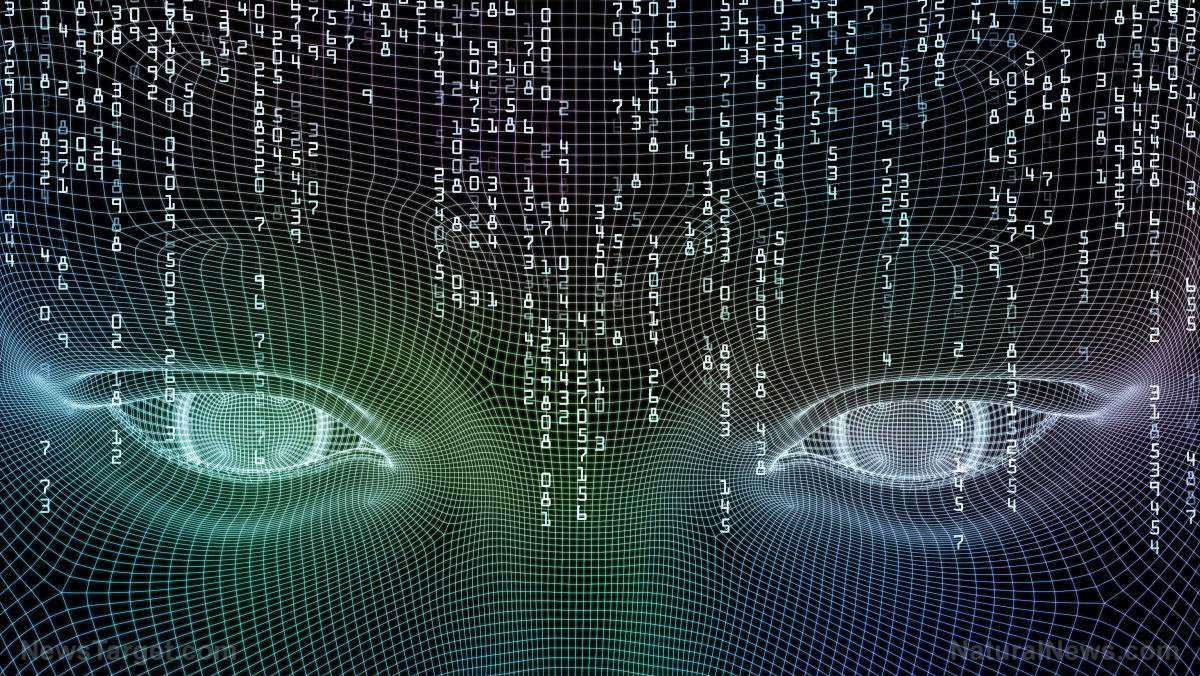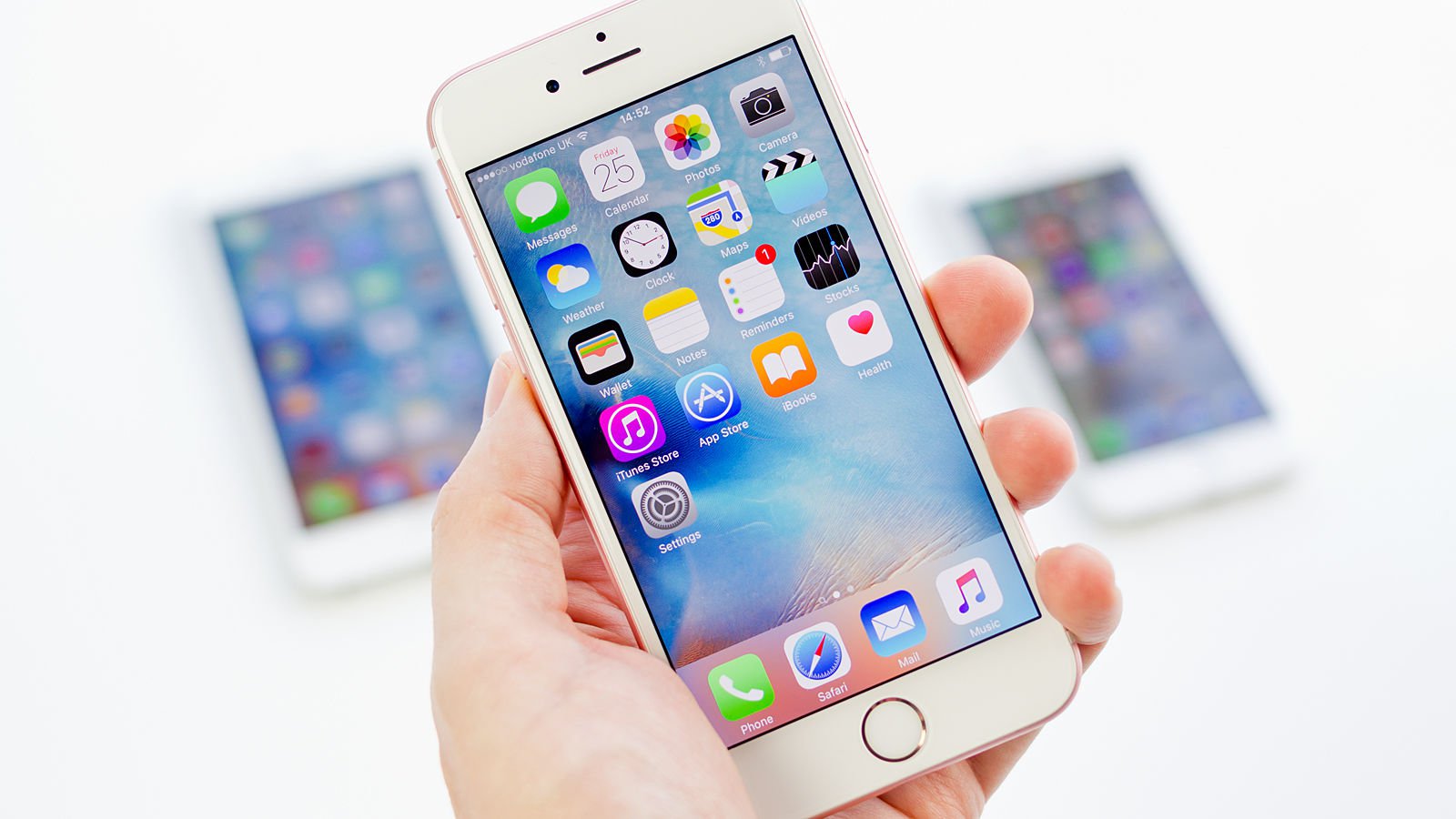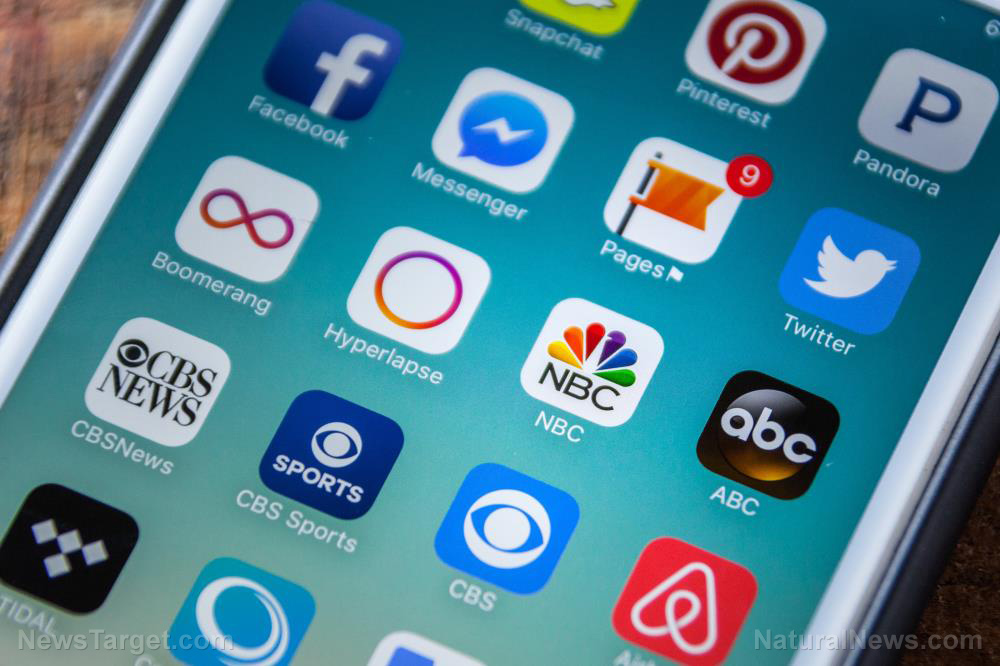Prolonged exposure to blue light from mobile phones can lead to macular degeneration
10/30/2018 / By Vicki Batts

Is your smartphone making you blind? New research has confirmed that the blue light emitted from cellphones and other gadgets can cause lasting damage to your eyes, and eventually, may even lead to blindness. As screen time continues to increase, the risk of macular degeneration from too much blue light increases too. As scientists now know, blue light is basically a death knell for your retina.
For the youth of today, who’ve been exposed to blue light for their whole lives, this risk is especially concerning. While it’s not a secret that kids today spend too much time glued to their screens, it is becoming increasingly clear that the effects of cellphones on human health are still not fully understood.
Whether we are talking about the damaging effects of blue light, or the cancer-causing effects of cellphone radiation, scientists are truly only learning about the health outcomes of new technologies after these products are developed and put into use.
Blue light is bad for your eyes
Scientists from the University of Toledo say that the connection between blue light and macular degeneration is impossible to ignore.
Dr Ajith Karunarathne, an assistant professor from the university’s Department of Chemistry and Biochemistry, explained, “We are being exposed to blue light continuously and the eye’s cornea and lens cannot block or reflect it.”
“It’s no secret that blue light harms our vision by damaging the eye’s retina,” Karunarathne added. Blue light has a short wavelength that causes toxic molecules to form in the eye’s light-sensitive cells. These toxins kill off the light-sensitive eye cells, which are necessary for vision.
How does that happen? Retinal is a vitamin that is essential for your eyes. Light-sensitive cells in the eye depend on retinal to sense light and send signals to the brain. But when retinal is exposed to blue light, it turns deadly.
Kasun Ratnayake, a Ph.D. student who worked on the study, explained, “If you shine blue light on retinal, the retinal kills photoreceptor cells as the signalling molecule on the membrane dissolves.”
As Green Med Info explains further:
While the cornea and lens of the eye are transparent to blue light, this light spectrum excites retinal molecules, creating condensation byproducts called lipofuscins: phototoxic, non-degradable materials that cause macular degeneration. This “blue light excited retinal” causes irreversible changes to the plasma membrane of the eye, disrupting its function and causing oxidative damage to the core of the membrane. Simply put, shining blue light on retinal kills photoreceptor cells.
Once the light-sensitive photoreceptor cells of the eye are dead, they are dead for good.
Currently, experts are saying that adults aged 50 years or older are at the highest risk. Alpha tocopherol, a natural antioxidant nutrient, can prevent photoreceptor death in younger people but the benefits taper off as people age. For the over-5o set, macular degeneration from blue light exposure is a major concern.
The protective benefits of alpha tocopherol (a type of vitamin E) are promising, but for children, the risks of blue light exposure are still poorly understood — especially long-term. However, it is not unreasonable to suspect that young children may actually be more susceptible to the toxic effects of blue light than adults, given that they aren’t done developing yet.
It may take decades for scientists to figure out what lifelong exposure to blue light does to the eyes. For kids, sources suggest that parents impose limits on screen-time, along with designated “screen-free” times, to help minimize exposure. Adults should also limit their own screen-time as well.
See more coverage of stories about problems with technology at Glitch.news.
Sources for this article include:
Tagged Under: blue light, cellphone dangers, dangerous tech, digital devices, disease causes, electronics, eye damage, eye health, eyes, gadgets, Glitch, macular degeneration, mobile phones, optic nerve, research, technology


















